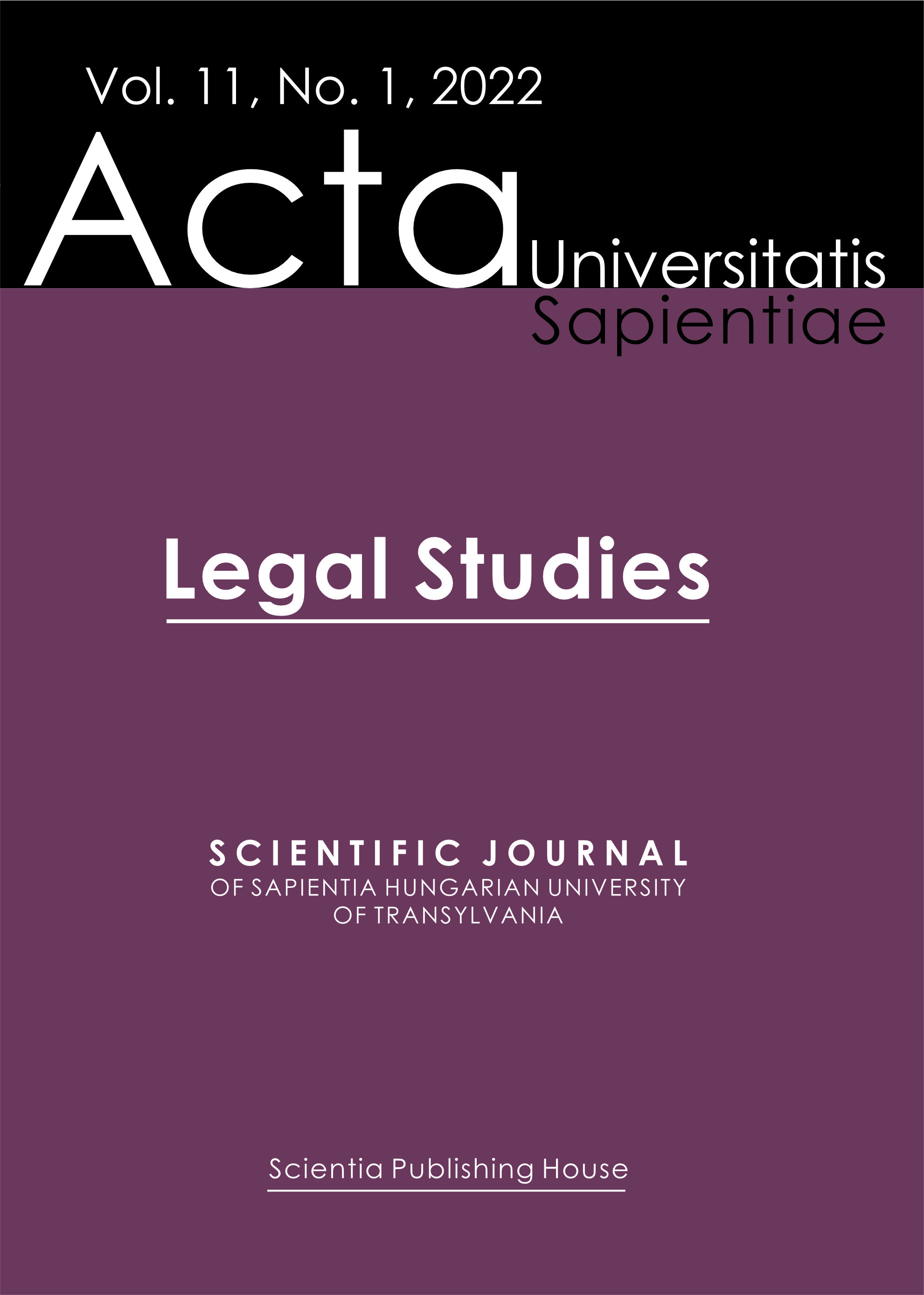Household Social Robots – Special Issues Relating to Data Protection
Household Social Robots – Special Issues Relating to Data Protection
Author(s): Réka Pusztahelyi, Ibolya StefánSubject(s): Civil Law
Published by: Scientia Kiadó
Keywords: household social robot; AI; emotion; affective computing; HRI; right to explanation; data protection; children; civil liability; AI Act;
Summary/Abstract: Household social robots may have massive effects on our everyday lives and raise several concerns on data protection and privacy. The main characteristic of these devices is their capability of building close connections, even emotional bonds between humans and robots. The socially interactive robots exhibit human social characteristics, e.g. express and/or perceive emotions, communicate with high-level dialogue, etc. Affective computing permits development of AI systems that are capable of imitating human traits (emotions, speech, body language). The goal is to gain the trust of humans, to improve safety, and to strengthen emotional bonds between human and robot with the help of anthropomorphization. However, this emotional engagement may incentivize people to trade personal information jeopardizing their privacy. Social robots can infer from emotional expressions and gestures the feelings, physical and mental states of human beings. As a result, concerns may be raised regarding data protection, such as the classification of emotions, the issues of consent, and appearance of the right to explanation. The article proceeds in two main stages. The first chapter deals with general questions relating to emotional AI and social robots, focusing on the deceptive and manipulative nature that makes humans disclose more and more information and lull their privacy and data protection awareness. The second chapter serves to demonstrateseveral data protection problems such as the categorization and datafication of emotions (as biometrics), the issues of consent, and the appearance of the right to explanation. The third chapter highlights certain civil liability concerns regarding the infringement of the right to privacy in the light of the future EU civil liability regime for artificial intelligence.
Journal: Acta Universitatis Sapientiae, Legal Studies
- Issue Year: 11/2022
- Issue No: 1
- Page Range: 95-118
- Page Count: 24
- Language: English

